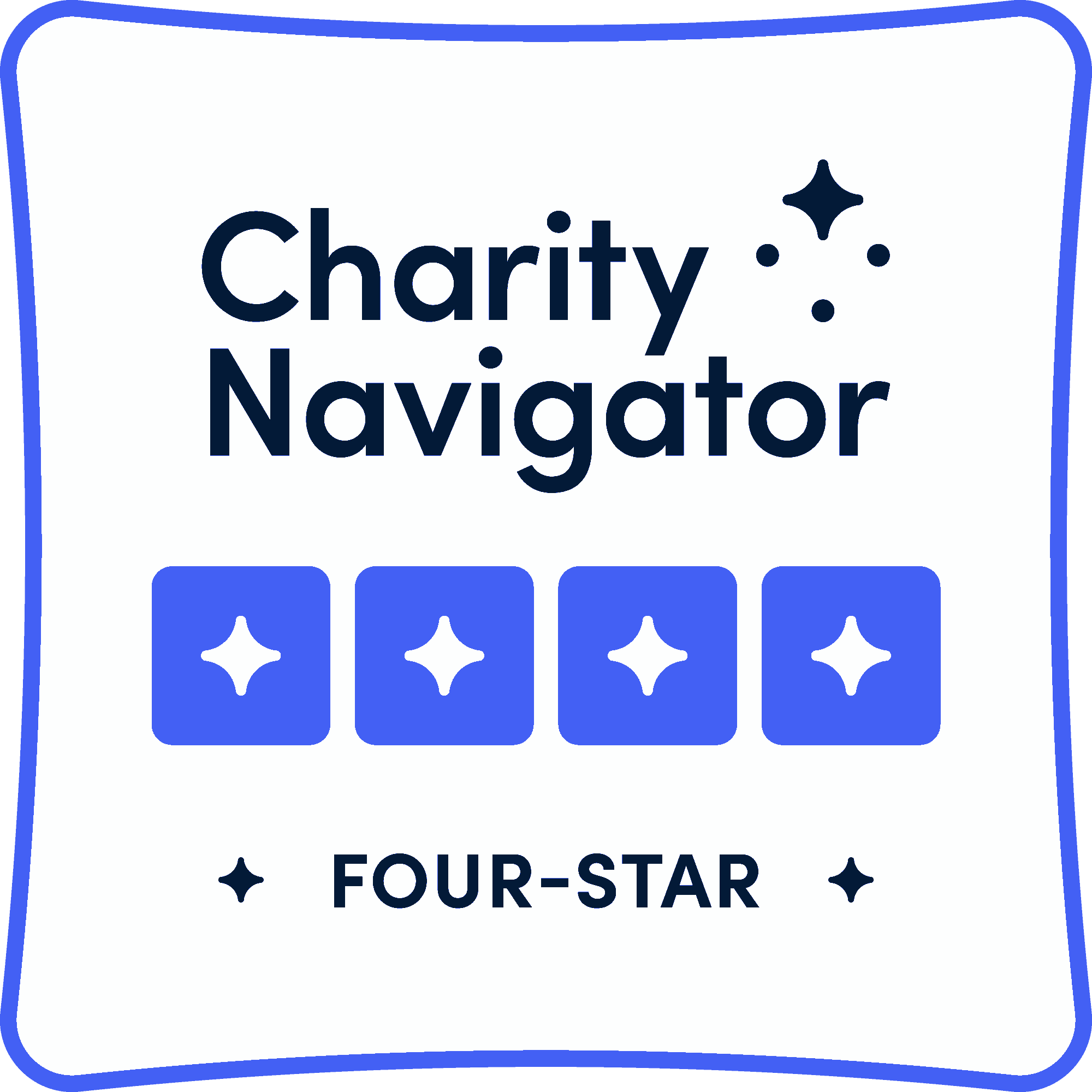.jpg9566.webp?itok=YJWg6tyR)
A light goes out in the ceiling, but you can’t reach it without a ladder. You head to the hardware store to buy a ladder, but even the smallest four-step folding ladder is $265. You don’t have a garage, so there’s no point in buying the eight-foot ladder, even though it’s the same price…and are you even going to use it enough to justify the $265 sticker price?
This is a situation Jessa Wais, Director of Library Services at Station North Tool Library in Baltimore, Maryland, has seen again and again. The Station North Tool Library is a library that lends tools—from drills to mowers and everything in-between. In fact, Wais says that “it’s really common for first [time lenders] to borrow a ladder just to reach that one thing one time.”
Tool libraries are a manifestation of the sharing economy, a concept built on the philosophy that there is more than enough stuff to go around. Little free libraries, free stores and markets, community pantries, and BuyNothing groups make it possible for people to share equipment and resources with each other, preventing waste, clutter, and overconsumption while redistributing goods for public need. Tool libraries make it possible for people of all skill levels and income ranges to access and use tools.
Loans and Learning
Tool libraries exist all over the country—from Atlanta to Boise and Cincinnati to Phoenix. The Station North Tool Library offers 3,000 tools for lending, 30 educational classes, and dedicated workspaces for woodworking, repair, and DIY projects. It began as a volunteer-run project in 2013 and has since grown into a 501(c)3 with roughly 2,200 members.
“We are all about decreasing barriers to tool access,” says Wais. “We really believe you don’t have to buy everything that you use. There are many items that lend themselves really well to sharing.”
While many people come in to borrow a tool for one-time use—like a ladder, for example—others come to take an educational class. For Wais, that introduction was woodworking. They enjoyed the space so much that they applied for a job at the tool library and have now been there for five and a half years.
Across the country in Denver, Colorado, Tyler Hurula is the tool library manager at the Denver Tool Library. Hurula says that many folks hear about the library’s class offerings—such as Auto Basics, Wood Turning, and Sewing 101—through word of mouth. Once they arrive, they soon learn that the library offers more than classes and tool lending. It offers a community.
A Safe Place for Community
The parfum of workshop spaces is a motley aroma of oil, grease, metal, solvents, and burning fuel. Garage workspaces, mechanic shops—these spaces are perceived as masculine, places that society assigns to men in the “provider” and “fixer” roles, whereas women are assigned “domestic” responsibilities like housework and childrearing. But spaces don’t have genders, and any person can handle these responsibilities—women can work a lawnmower or a drill, and men can wash laundry and put the baby to sleep. Tool libraries counter the narrative of gendered societal roles by creating an open space for learning with built-in communities and classes.
If a member has a question, tool librarians are there to help without judging anyone’s skill level. Clarifying the process, increasing access to expensive tools and workspaces, and collaborating on ideas are all part of the allure of the tool library.
“No gatekeeping here,” says Hurula. “We get a lot of women and a lot of queer folks. We get a lot of people who don’t know where to start and have felt intimidated coming into a typically [masculine] space. And then they come in here and it’s not scary.”
Wais says that “people view the tool library as this third space.” Third spaces are important social environments outside of home and work where people interact with each other, learn, and play. Social media is a digital third space; physical third spaces can be commercial or public facilities, such as parks, coffee shops, bars, and public libraries. These venues make it possible to meet new people, learn new ideas, and grow a community.
Every year, the Station North Tool Library hosts the Fix It Fair, a free community repair event. It’s one of Wais’ favorite events.
“People bring in broken items—it can be a wobbly chair, clothing that needs mending, instruments that need restringing—and we have a team of fixers who not just try to fix your item but try to demystify the process,” says Wais.
In 2024, over 280 people attended. Over 300 items were repaired and usable again. “A cool part of engaging with a local tool library is it [offers a] community for you,” says Wais. “That human-to-human interaction is super valuable and fun.”
Tool Libraries Are for Everyone
The ethos of tool libraries is built on sharing. Unlike the competition-mindset of hardware stores, tool librarians want more tool libraries around the world. Both the Denver Tool Library and the Station North Tool Library started as volunteer-run projects, with people donating tools, time, and knowledge. The Denver Library celebrated its 10-year anniversary in April, demonstrating that tool libraries are needed today as much as ever.
Hurula says that a great way to support tool libraries is firstly, through being a member, and secondly, through donating. Whether that is donating tools, time, or dollars—it all helps. Additionally, financial donations help subsidize membership to folks with financial needs or barriers.
If you don’t have a tool library near you, start one! You can take a note from the Station North Tool Library and the Denver Tool Library and start out of an alley warehouse, garage, or a work with a local space willing to host. Eventually, through grassroots funding and volunteers’ elbow grease, these became the tool libraries we know today in Denver and Baltimore.
Even then, it doesn’t have to be a fully fleshed out organization—informally sharing tools amongst friends and neighbors counts. There are lots of ways to participate, whether you are next door to a tool library or live states away.
“Come up with community spaces, talk to people about projects they’re working on,” Hurula says. “Find ways to be in community with people. Trade tools and knowledge and experience. That is all in the spirit of the tool library also.”


bfe0.jpg?itok=2EqFjXUf)
a209.jpg?h=2100e729&itok=L4uQQspd)
5bf3.jpg?h=115c5fb7&itok=O6tFVZjs)


